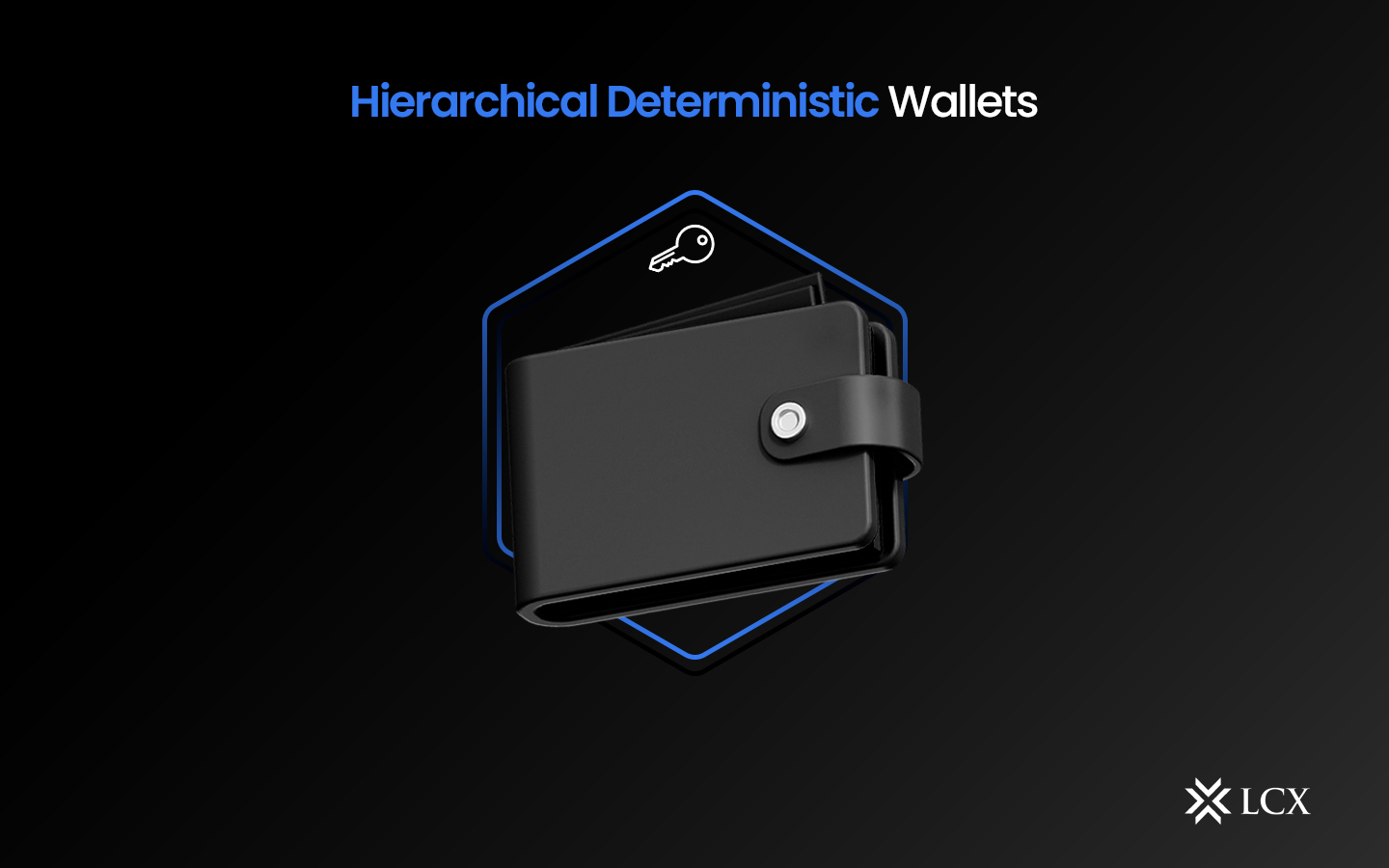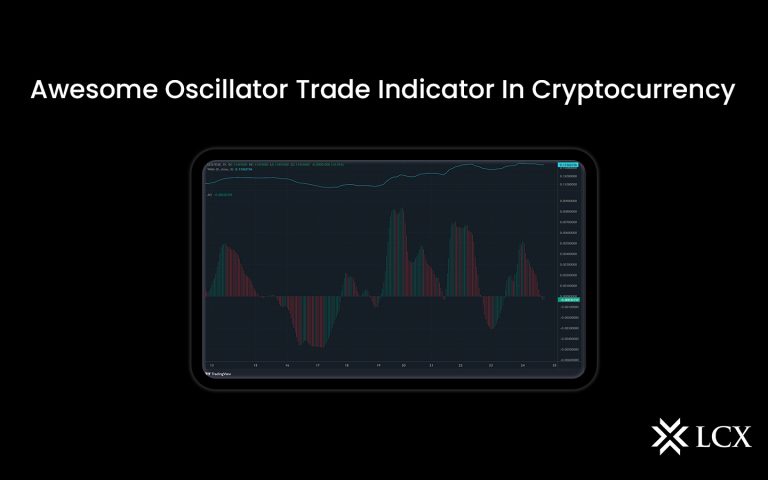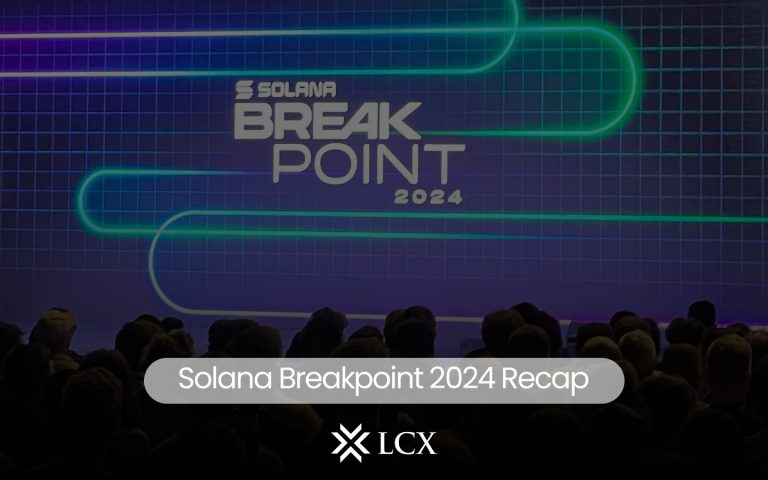In the fast-paced digital landscape of cryptocurrency, security, and privacy are of paramount importance. Hierarchical Deterministic wallets have emerged as a revolutionary solution, providing enhanced security measures and improved privacy for users.
What Is a Hierarchical Deterministic Wallet?
A Hierarchical Deterministic Wallet, also known as an HD wallet, is a type of cryptocurrency wallet that employs a specific algorithm called the Hierarchical Deterministic algorithm. This algorithm generates a sequence of private and public key pairs from a single, randomly generated seed phrase. They are designed to simplify the process of managing multiple cryptocurrencies and addresses while enhancing security.
To simplify, wallets contain keys instead of coins in the world of cryptocurrencies. A cryptocurrency wallet has two keys: a public key, or address, that functions much like an account number, and a private key that is used to transmit funds to other accounts. Private keys are comparable to passwords. An individual’s private key would be used to authorize a Bitcoin transfer from their account, for example.
This combination of public and private keys is designed to protect against hackers and maintain the anonymity of transactions. Given that the pair of keys enables the transmission of a user’s cryptocurrency, it is crucial that the private key remain secure. The keys are generated at random for this purpose.
Each key must be backed up in the wallet in order to prevent the proprietor from irretrievably losing access to it and the associated funds. For each transaction, however, a new pair of keys would need to be generated in order to protect privacy, which was one of the motivations behind the creation of Bitcoin and other cryptocurrencies, and limit the use of public keys to a single transaction. Over time, this may become challenging to manage.
Deterministic wallets were developed to provide a solution, one in which all keys can be traced back to an initial random seed, which is typically a collection of random words, and a hash function. With a deterministic wallet, the original seed is sufficient to recover all private and public keys, necessitating only one backup at the time of wallet construction.
What Are the Key Features and Benefits of HD Wallets?
Single Seed Phrase: They use a single seed phrase, typically consisting of a sequence of 12, 18, or 24 words, to derive an infinite number of private and public key pairs. This makes it easy to back up and restore the wallet, as you only need to securely store the seed phrase.
Deterministic Nature: The deterministic nature of HD wallets means that the same seed phrase will always generate the same sequence of keys. This eliminates the need to back up each individual key and simplifies the process of managing multiple cryptocurrencies.
Address Hierarchies: They organize addresses in hierarchical structures. The primary key pair is known as the “master key.” From the master key, a tree-like structure of child keys can be derived. This hierarchical arrangement allows for improved management of funds and facilitates the creation of multiple addresses for enhanced privacy.
Seamless Backup and Restoration: Since HD wallets use a single seed phrase, users can easily back up and restore their entire wallet. Losing a wallet or forgetting a password no longer means losing access to funds, as long as the seed phrase is securely stored.
Enhanced Privacy: They offer improved privacy by enabling the generation of unique addresses for each transaction. By using a new address for every transaction, the traceability of funds is significantly reduced, providing users with enhanced privacy and security.
How Do HD Wallets Work?
Seed Phrase Generation: The HD wallet begins by generating a random seed phrase, which typically consists of a series of words selected from a predefined word list. The seed phrase is generated offline and should be kept secure, as it is the key to accessing the wallet.
Key Derivation: From the seed phrase, the HD wallet algorithm applies the Hierarchical Deterministic algorithm to derive a master private key. This key is then used to derive a master public key.
Address Generation: Using the master public key, the HD wallet algorithm generates a hierarchical tree-like structure of child keys. Each child key represents a unique cryptocurrency address. As new addresses are required, new child keys are generated, ensuring a limitless supply of addresses.
Transaction Signing: When a user wants to send cryptocurrency from an HD wallet, the wallet uses the appropriate private key to sign the transaction. The private key never leaves the wallet, enhancing security.
What Are the Benefits and Drawbacks of Using an HD Wallet?
Users’ privacy is enhanced with hierarchical deterministic wallets because they can share their master public key without placing their funds at risk. Likewise, HD wallets are secure because funds are distributed across multiple addresses. However, there is a significant risk of financial loss if the master key or private keys become public.
Due to the hierarchical structure of deterministic wallets, each private key generated by the seed has the potential to be used as a master private key, which can then be used to generate additional keys using a deterministic wallet.
Additionally, changing addresses enhances privacy, as the precise balance of a wallet cannot be determined from the public ledger. However, anyone with access to the extended private keys can steal user funds; therefore, they should not be shared with untrusted parties.
In addition to enhanced privacy, deterministic wallets provide excellent security, as gaining access to all of the user’s crypto assets will require access to several private keys as the user’s funds are spread across multiple addresses. Furthermore, if one private key is compromised, the currencies controlled by other private keys are unaffected. However, if the seed is compromised, hackers can steal all the funds.
How Secure Are HD Wallets?
They are as secure as the medium on which they are stored (physical or digital).
BIP-32 permits an it to generate a tree-like hierarchy of private keys from the seed. Therefore, if a device is lost or destroyed, the seed backup can be used to restore the wallet and all of its private keys.
Compared to non-deterministic wallets, hierarchical deterministic wallets offer greater security and privacy. They are secure because each transaction receives a unique address. Therefore, hijacking them is a difficult and complex process. In addition, an unlimited number of public addresses can be generated to receive remittances, ensure the financial anonymity of users.
However, if private keys or master keys are not stored securely, they can expose user funds to criminals. Therefore, the seed phrases chosen for wallets should be unrelated to the user’s identity or other personal information that attackers will find easier to compromise.
Conclusion
Hierarchical Deterministic wallets have revolutionized the way we manage cryptocurrencies, offering enhanced security, convenience, and privacy. By using a single seed phrase and a hierarchical structure of keys, they simplify the management of multiple cryptocurrencies and addresses. As the cryptocurrency landscape continues to evolve, it will remain a vital tool for individuals seeking secure and efficient storage solutions. Remember to exercise caution and secure your seed phrase, as it is the key to accessing your wallet and its associated funds.










